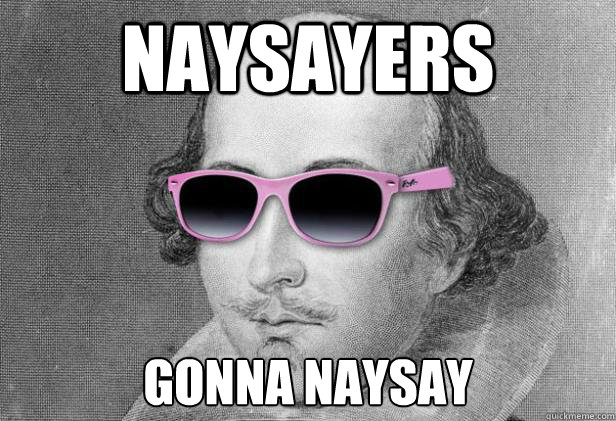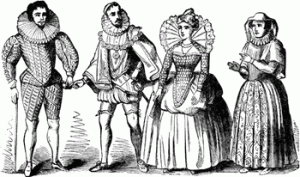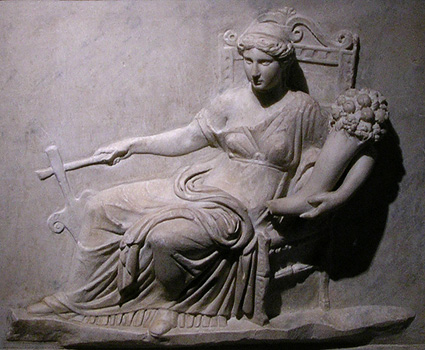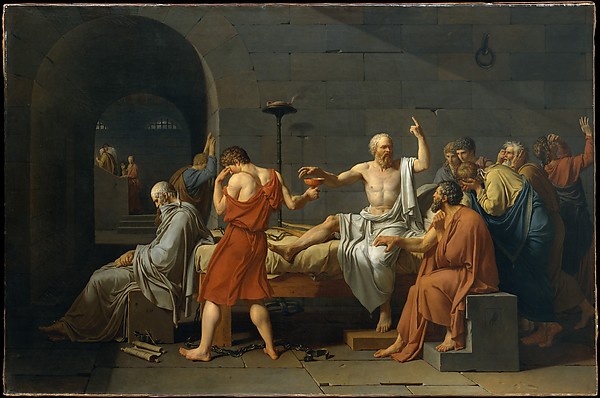If we probe into what Jim O’Rourke over at Florida State University calls the late 16th century “micro-politics” of Tudor England, we arrive at the interplay of Elizabethan prejudice, humor and self-hatred. O’Rourke is engaged in a debate with other scholars and his goal is to re-frame The Merchant of Venice as an anti-racist work that was written in response to the high profile case of Francis Bacon and Rodrigo Lopez in 1594, but his efforts are most helpful in localizing the themes of xenophobia and homophobia in the immediate historical moment of the play. Continue reading




